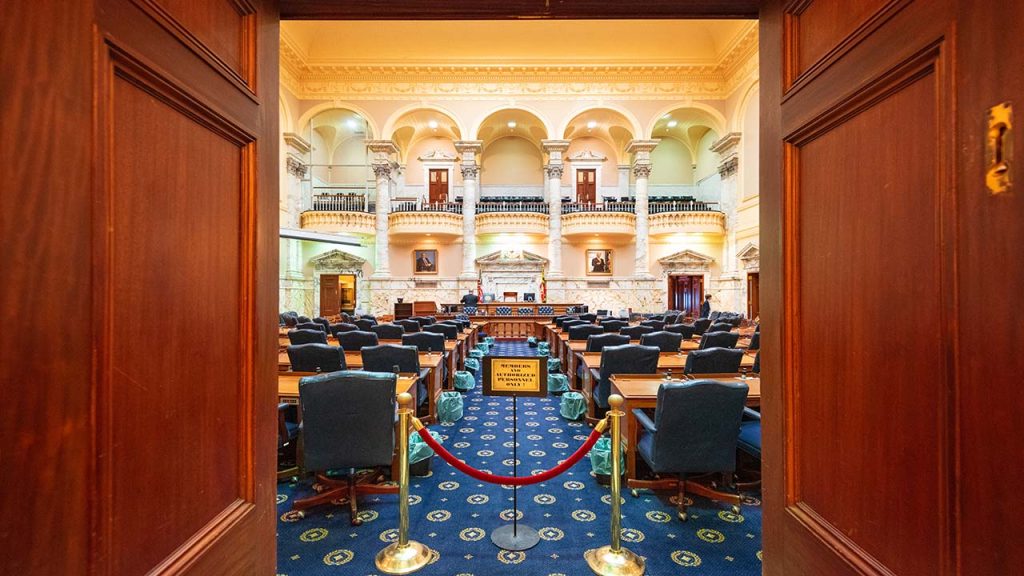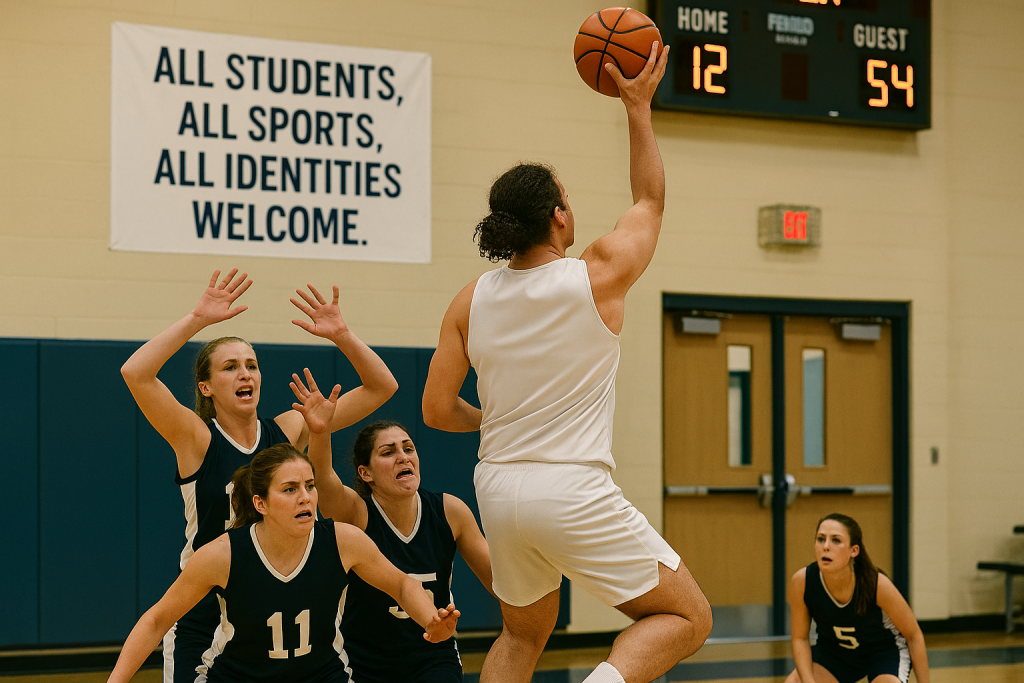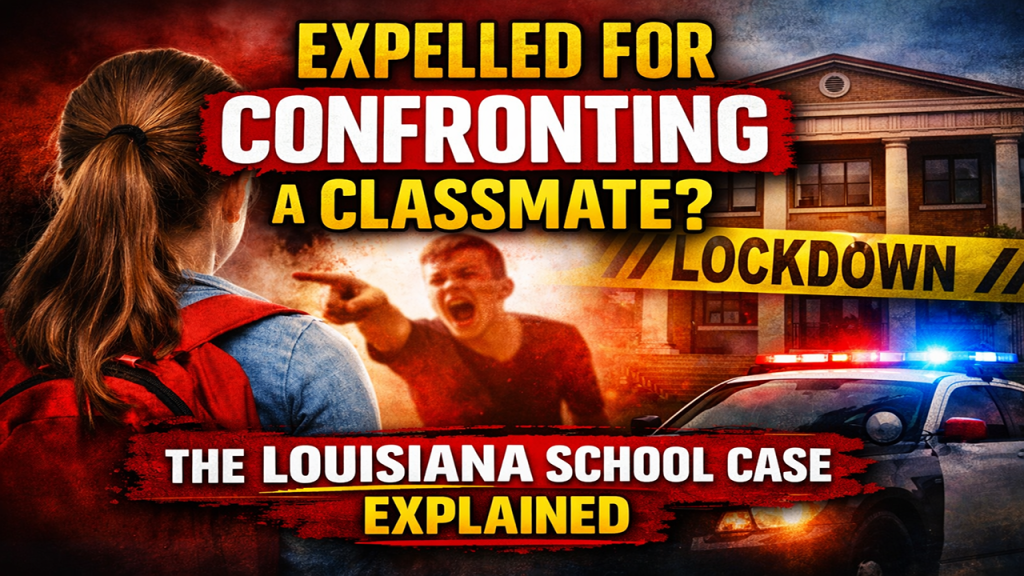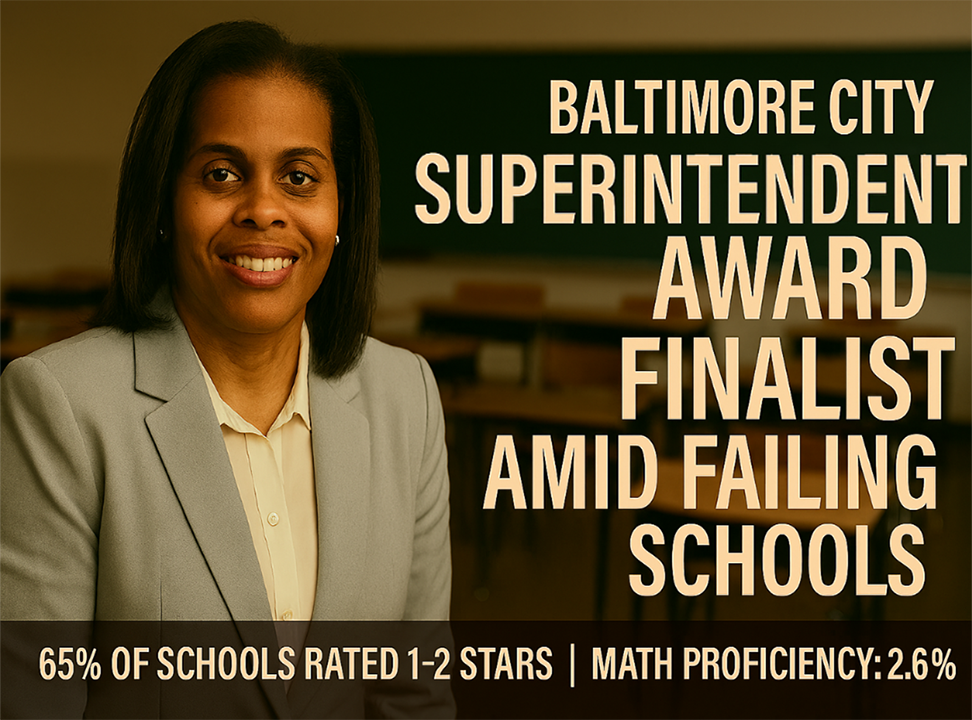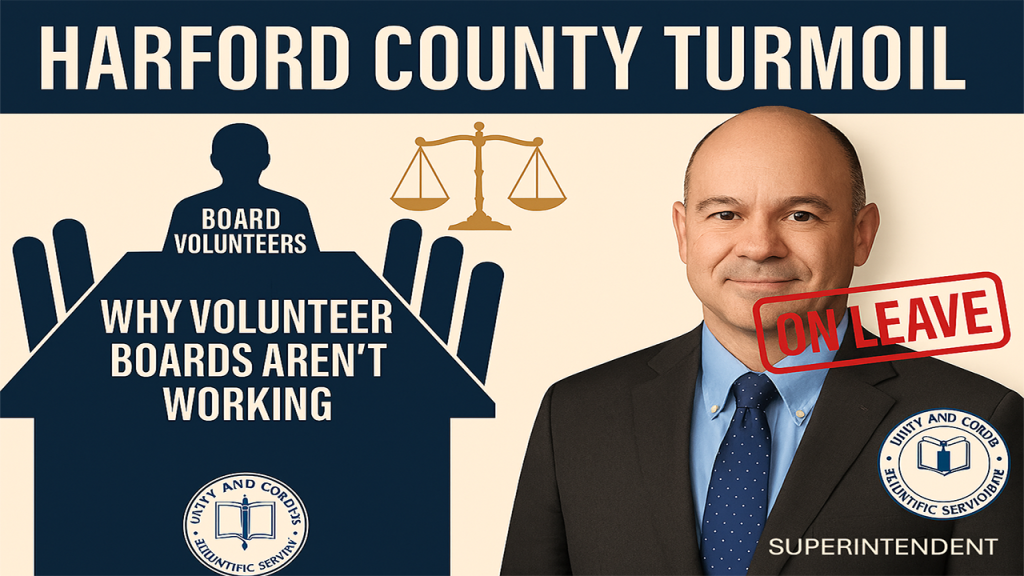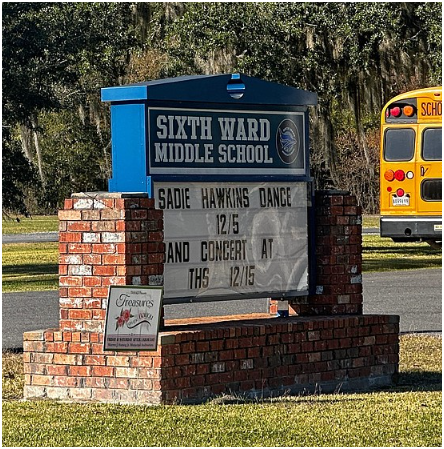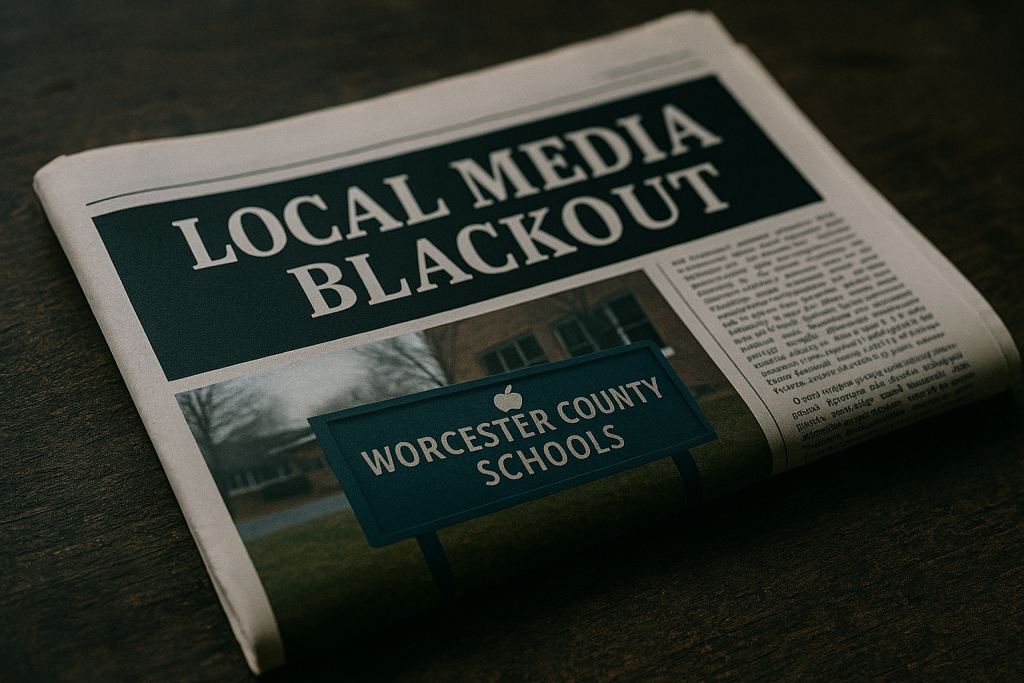
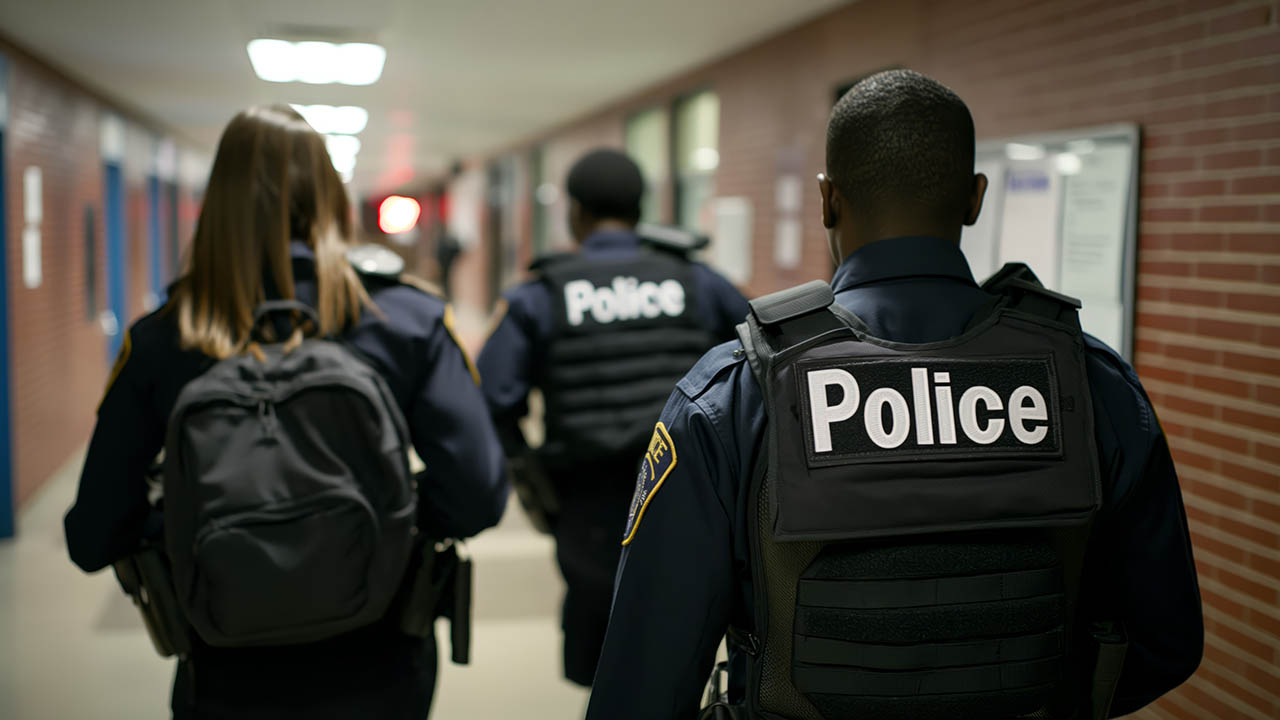
Increasing Legal Challenges for Schools Over Using SROs For School Matters: Rockford’s Case Reflects a Broader Pattern
The Rockford Public School District (RPS) in Illinois is currently facing a discrimination lawsuit filed by two national civil rights organizations, the National Center for Youth Law and the MacArthur Justice Center. The lawsuit accuses the district of improperly using School Resource Officers (SROs) to enforce school discipline policies in a way that disproportionately impacts Black students. This case has drawn significant attention to the broader issue of how schools and SROs handle discipline and the urgent need for proper training and understanding of the SRO role in educational settings.
The Allegations Against Rockford Public Schools
The lawsuit against RPS claims that the district has been utilizing SROs to manage minor disciplinary issues that could be more appropriately handled within the school by educators and administrators. This practice is seen as a consequence of a zero-tolerance policy towards student behavior, which has resulted in students being referred to law enforcement for minor infractions. According to the complaint filed with the U.S. Department of Education’s Office for Civil Rights, these referrals have led to discriminatory outcomes, with Black students being 3.2 times more likely than their White peers to be referred to an SRO for similar behaviors. The complaint argues that this practice violates Title VI of the Civil Rights Act of 1964, which prohibits discrimination based on race, color, or national origin.
The consequences of these practices are severe. Not only do they contribute to a school environment where Black students feel less safe with a police presence, but they also create a pipeline from schools to the adult criminal justice system. This phenomenon, often referred to as the “school-to-prison pipeline,” disproportionately affects students of color and those from marginalized communities, further entrenching social and racial inequities.
The Role of School Resource Officers and the Need for Training
School Resource Officers are law enforcement officers stationed in schools through agreements, such as the one RPS has with the Rockford Police Department. These officers have the same powers as any other police officers, including the ability to issue citations or tickets for conduct occurring on school grounds. While the intention behind having SROs in schools is often to provide a sense of safety and to respond effectively to serious incidents, the case of Rockford Public Schools highlights a troubling trend: the blurred lines between maintaining school safety and enforcing school discipline.
The lawsuit and the surrounding discussions raise a critical issue—the lack of proper training for SROs and school staff on the appropriate role and use of SROs in educational settings. Effective SRO programs require a clear understanding that the role of an SRO is not to replace school disciplinary systems but to complement them by ensuring safety and responding to legitimate threats or criminal behavior. In many cases, however, SROs are inadequately trained to differentiate between disciplinary issues that should be managed by educators and those that warrant law enforcement involvement.
Unintended Consequences of Misusing SROs
The misuse of SROs for minor disciplinary actions can have far-reaching consequences. In Rockford, Black students make up 30.8% of the student body but received 54.7% of the referrals to SROs in the 2022-2023 school year. These referrals often lead to municipal tickets with fines that can exceed $750—despite state laws prohibiting such fines as a form of school discipline. For students, particularly those from low-income families, these fines can be devastating, forcing them into debt and further alienating them from the educational system.
Moreover, data suggests that increased interaction with SROs correlates with reduced academic performance, decreased feelings of safety and connection within the school environment, and higher dropout rates. These outcomes not only affect the individual students but also contribute to broader societal issues by perpetuating cycles of disadvantage and criminalization.
The Case for Enhanced Training and Clarity of Roles
The Rockford case illustrates a broader problem facing schools across the country—the need for comprehensive training for both SROs and school administrators. Proper training would ensure that SROs are fully aware of their role within the educational environment and are prepared to support, rather than supplant, the school’s disciplinary systems. Training should include topics such as adolescent development, conflict resolution, implicit bias, and culturally responsive practices, which are crucial for working effectively within diverse school communities.
Additionally, schools must be educated on best practices for integrating SROs into their environments. Clear guidelines should be established, outlining when it is appropriate to involve SROs in student discipline and when incidents should be handled by school personnel. This would help prevent the criminalization of minor infractions and ensure that students are treated fairly and equitably, regardless of their race or background.
A Call for Reform and Accountability
The situation in Rockford Public Schools underscores the need for a reassessment of how SRO programs are implemented and the importance of proper training for both officers and educators. It is vital that schools understand the potential harms of misusing SROs and take steps to ensure that all students feel safe and supported within their learning environments.
Ensuring that SROs are properly trained and that their roles are clearly defined is not only a matter of policy but also one of equity and justice. As schools and law enforcement agencies work together to create safe educational spaces, they must also commit to practices that do not discriminate or disproportionately harm any group of students. The Rockford lawsuit serves as a crucial reminder that there is still much work to be done to achieve these goals, and it calls on all stakeholders to advocate for training, clarity, and accountability in the use of SROs in schools.
Dig Deeper With Our Longreads
Newsletter Sign up to get our best longform features, investigations, and thought-provoking essays, in your inbox every Sunday.
The MEN was founded by John Huber in the fall of 2020. It was founded to provide a platform for expert opinion and commentary on current issues that directly or indirectly affect education. All opinions are valued and accepted providing they are expressed in a professional manner. The Maryland Education Network consists of Blogs, Videos, and other interaction among the K-12 community.




